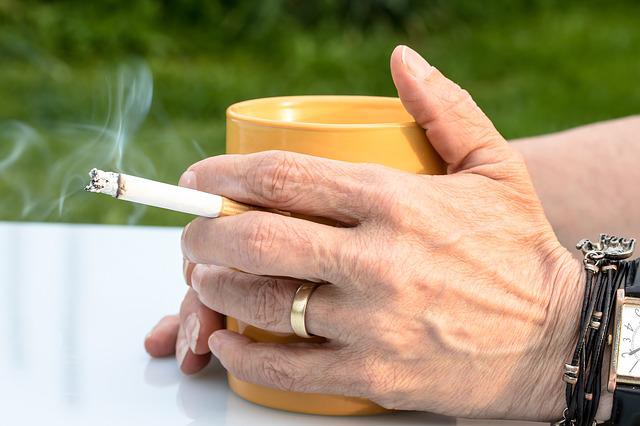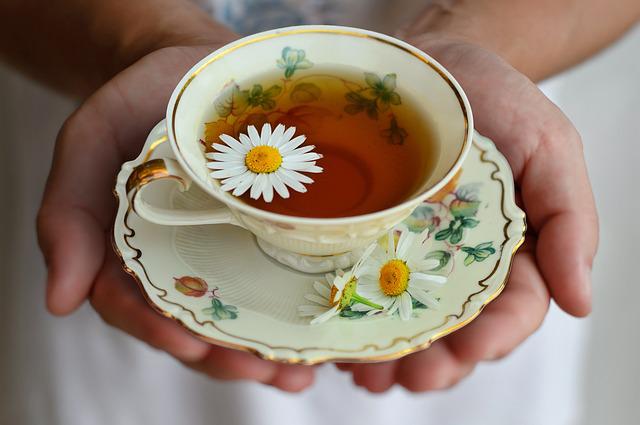A good sleeping habit leads to quality sleep. According to experts, is critical to our physical and mental wellbeing. And because sleep deprivation can have long-term consequences, it’s time to realize how important good sleep is.
There are many things we should do every day to maintain our health: exercise, eat correctly, drink water, and so on. But, for some reason, sleeping isn’t near the top of the list. It ought to be.
Here are some compelling reasons why your body and mind require sleep:
It improves the thought process
We are calmer and clear-headed after a good night’s sleep. You can easily handle learning, problem-solving, and decision-making when you have enough quality sleep. However, our brain’s performance diminishes when we don’t get enough sleep. We are “foggy” and react slowly. Chronic sleep deprivation might weaken our judgment, resulting in serious mishaps. In fact, fatigue is one of the primary causes of deadly car accidents.
It keeps emotions in check
We can better control our emotions and actions when we are well rested. Adults, for example, may experience mood swings, and youngsters may have tantrums or difficulty getting along with others if they do not get enough sleep. Sleep deprivation is also connected to depression, suicidal ideation, and risky conduct.
Lowers the chance of sickness
People with difficulty sleeping are at a higher risk of developing heart disease, renal disease, high blood pressure, diabetes, and stroke. Furthermore, a lack of sleep has an impact on our immune system. Individuals who are sleep-deprived may have a more difficult time combating common viruses such as a cold or the flu.
Maintains weight control
Sleep deprivation impairs our body’s ability to control appetite hormones. Thus those who sleep poorly tend to have larger appetites and eat more than those who do not. According to one study, persons who are sleep deprived are 55% more likely to become obese. A good night’s sleep is essential if you’re trying to reduce weight.
How much sleep is required?
The ideal length of sleep can differ from person to person and is determined by age. The National Sleep Foundation suggests the following sleeping time ranges:
- 14-17 hours for newborns (0-3 months).
- 12-15 hours for infants (4-11 months).
- 11-14 hours for toddlers (ages 1-2 years).
- 10-13 hours for preschoolers (ages 3-5).
- Children of school age (6-13): 9-11 hours
- Teenagers (14-17 years old): 8-10 hours
- 7-9 hours for young folks (18-25).
- 7-9 hours for adults (26-64)
- Older people (65 and up): 7-8 hours
6 Steps to a better night’s sleep
You are not destined to toss and turn all night. Consider creating a sleep plan and add some type of exercise into your daily routine.
Stress from work, your family, and physical illnesses can all disrupt a good night’s sleep. No wonder getting enough and good quality sleep can be difficult at times.
You may not have control of some circumstances that disrupt your sleep. You may, however, develop habits that promote better sleep. Begin with these easy suggestions.
1. Maintain a consistent sleep routine
Try not to sleep more than 8 hours if you are an adult. But a healthy adult should get at least seven hours of sleep per night. Most adults do not require more than eight hours of sleep to feel rested.
Every day, including weekends, I go to bed and get up at the same hour. Consistency strengthens your body’s sleep-wake cycle.
If you are not falling asleep within 20 minutes of going to bed, get out of bed and do something calming. Reading a book or listening to soft and relaxing music sometimes works. When you’re exhausted, go back to bed. Repeat as needed, but keep your sleep and wake-up schedules consistent.
2. Be watchful of what you eat and drink
Don’t sleep hungry or stuffed. Try not to eat anything heavy or substantial within a couple of hours before bedtime.

Be cautious of consuming nicotine, caffeine, and alcohol near bedtime. Nicotine and caffeine have long-lasting stimulating effects that can prevent your sleep. Sometimes alcohol may make you tired at first, but it can impair your sleep later in the night.
3. Create a relaxing atmosphere
Maintain a cold, dark, and quiet environment in your room. Light exposure in the evenings may make falling asleep more difficult. Avoid using light-emitting screens for an extended period of time right before going to bed. Use room-darkening shades, earplugs, a fan, or other gadgets to create a comfortable setting.
Relaxing activities before night, such as taking a bath or employing relaxation techniques, may help you sleep better.
4. Limit naps during the day
Long daytime naps might disrupt evening sleep. The nap should be anywhere between 30 minutes to an hour, and try not to do this in the late afternoon.
If you have night shifts, you might need to nap late in the afternoon before you get to work to compensate for sleep loss.
5. Try to get some type of exercise as a part of your everyday life
Regular exercise can assist you with sleeping better but not too close to your bedtime. You might get second-wind and might not be able to go to sleep.
Spending some time outdoors every day may also be beneficial.
6. Deal with concerns
Try to resolve any worries or concerns before getting ready to go to sleep. You might want to jog these down on a note of what’s on your mind and set it aside for the next day.
Stress management can be beneficial. Begin with a simple routine, such as becoming organized, establishing priorities, and assigning chores. Meditation can also help with anxiety.
Must-Have Ingredients in a Sleep Supplement
Melatonin: Melatonin is a sleep hormone that tells your brain when it’s time to sleep, wake up, and eat. Melatonin has been shown to help regulate your body’s internal clock (circadian rhythm), as well as other essential hormones needed to fall asleep peacefully.
Valerian root has been used for its relaxing and sleep-promoting properties. According to research, valerian may increase the length and quality of deep, restorative sleep and may fall asleep faster.
Amino Acids of Importance: Amino acids such as Gamma-Aminobutyric Acid (GABA) and L-Tryptophan assist your body in producing the proteins and molecules required for rest and relaxation. Tryptophan, for example, is required for the manufacture of melatonin and serotonin, two critical chemicals that promote better mood, mental clarity, and cognitive function.

Herbal Extracts for Relaxation: Look for natural plant extracts that are relaxing, such as chamomile, lavender, lemon balm, and hops. These can aid in promoting emotions of relaxation and peace, allowing you to decompress after a long day, reduce tension, and prepare your body for sleep.
To Conclude
Almost everyone has a sleepless night now and then. Contact your healthcare practitioner if you frequently have difficulties sleeping.
Trying to identify and treat any underlying problems will assist you in getting the rest you need.

